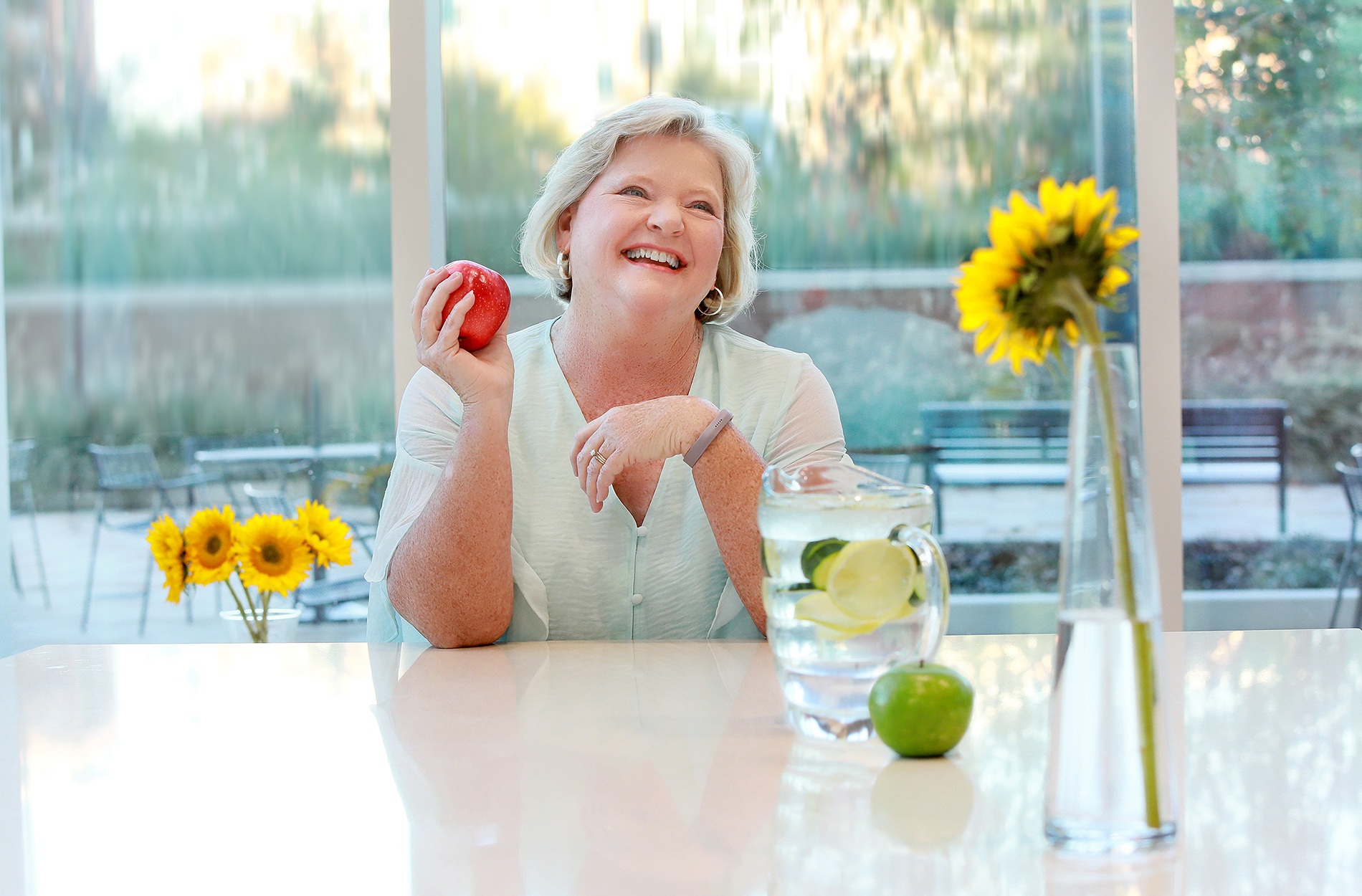by Kay MacInnis, registered dietician
“Think this is okay to eat?” Those are words I hear regularly at my house. My husband often asks me to smell something and tell him if it is safe to eat. There are many ways that food poisoning can happen. Especially in the summertime, when food may sit out for a while at picnics and family gatherings. It's important to be aware of food safety so you can protect yourself and your family.
Here are a few things to know about summertime food safety:
Wash all utensils and cutting boards after use.
This is especially important to do with meat and poultry that you might be prepping to cook on the grill. Washing hands before handling foods is important and is even more important after handling raw meat.
Keep raw meat and poultry separated from other foods you might put on the grill.
Once you put the meat or poultry on the grill, get a clean plate to take the cooked product off the grill. Cross-contamination can happen easily when grilling or picnicking. Be sure to wash everything (utensils, platters and plates) used for food prep thoroughly. Marinate meat in the refrigerator and reserve a portion of unused marinade as a sauce. Used marinade that has touched raw meat should not be used as a sauce. If storing raw meat in a cooler, keep it separated from ice that might be used in a beverage.
Use a food thermometer to be sure food reaches a safe temperature.
Stay out of the temperature danger zone. Food should be colder than 40°F and warmer than 140°F. Hamburgers and other cuts of beef should be cooked to 160°F, while poultry needs to reach 165°F. Fish and pork should reach 145°F. Hotdogs and bratwurst should reach 165°F. Use a food thermometer, especially when cooking on the grill, to be sure meat and poultry are done.
Keep your cooler safe.
To keep foods cold, about one quarter of cooler space should be reserved for ice. You may need more if it’s a particularly hot day at the lake or beach. If you are packing any raw meat or poultry, put them in an airtight container or sealed plastic bag before placing them in the cooler. Depending on how long until they will be cooked, they could even be packed frozen. Raw meat and poultry should always be packed at the bottom of the cooler. Avoid any juice from dripping on other item and cross-contaminating them.
It is best to keep the cooler closed as much as possible. The temperature in the cooler should be 40°F or below. Consider putting drinks and ice in a separate cooler. Freeze water bottles or juice boxes to help them stay cold longer.
Don’t keep leftovers too long.
Leftovers make things easy, especially in the summer. But how long should we keep them? First, be sure food doesn’t sit out more than an hour or two before being refrigerated. It does not need to cool before you put it in the refrigerator. In the refrigerator, be sure there is plenty of circulation around the food. If you are saving food from a restaurant, remember the two-hour rule. Don’t go shopping or to lunch and leave the food in the car when you return to work. This could cause food poisoning.
Generally, leftovers are good for four days. If you aren’t going to be able to eat the leftovers within that window, freeze them and pull them out later when you are short on time. Be sure to reheat leftovers to 165°F. It is best to use a thermometer to certain the food reaches the appropriate temperature.
Prepared foods like chicken salad must be refrigerated and should not be kept more than four days, according to the Food and Drug Administration (FDA).

Kay MacInnis, R.D.






Leave a comment